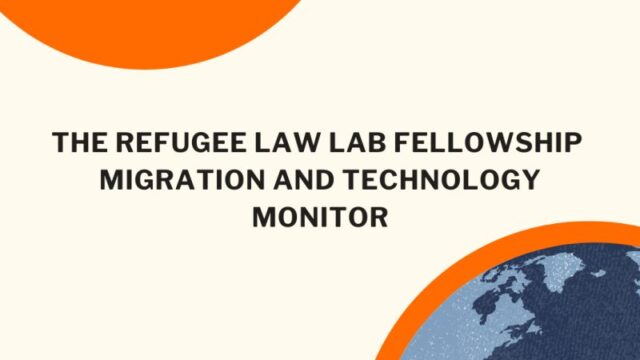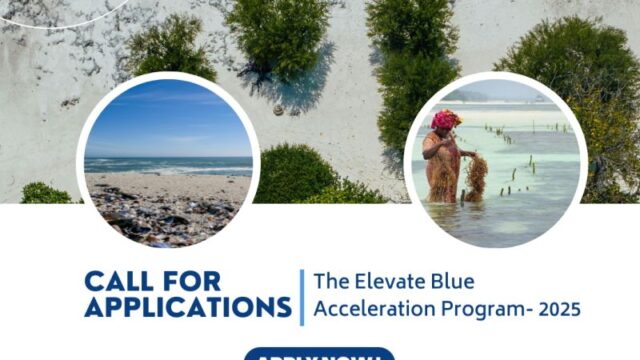FUNDING : Check out the PEDL’s 6th Special ERG Call on Climate Change ( For ERGs, the maximum budget is £40,000. )
The PEDL initiative, which prioritises low-income countries, is seeking applications for projects that will help to better understand how businesses may help address environmental and climate change issues.
Submissions in response to this request should explicitly state how the study targets businesses. Research may look at how businesses function as separate entities or how businesses interact with one another in markets. Although they are receptive to initiatives examining firm-farm linkages through input and output markets, PEDL does not concentrate on agriculture.
They are open to suggestions that look into how the private sector can help with climate adaptation as well as what laws and other measures can help businesses adjust to the changing environment. The utilisation of financial technology, site selection, inventions, managerial techniques, networks, and policies are a few examples of this. Additionally, they support initiatives that investigate the market frictions and political economy limitations preventing the adoption of regulations on business adaptability.
The goal of the Exploratory Research Grant program is to launch novel research directions that, as they take shape, may result in larger-scale initiatives. Major Research Grants (MRGs) and the Scale-up Grant program, which attempts to close the gap between an ERG's early work and a full-scale project, are two ways that PEDL supports this scaling. Therefore, even if this request only permits pilots or other preliminary steps in establishing the agenda, they inspire ambition in the proposals.
Focus Area
Energy
In what ways might storage and renewable energy aid in the creation of dependable electrical networks?
What are the sources of investment and regulatory risk associated with private sector renewable energy investments, and how may these be reduced?
In what ways might storage and renewable energy aid in the creation of dependable electrical networks?
What are the sources of investment and regulatory risk associated with private sector renewable energy investments, and how may these be reduced?
What part do innovation and technology adoption play in lowering PM 2.5 and GHG emissions?
How can the private sector and policy work together to achieve results?
What influences private sector companies' adoption of energy-saving innovations?
How do manufacturing choices and technological adoption are affected by import policies?
How are the expectations of consumers in affluent countries regarding climate mitigation passed on to companies in less affluent countries through buyers?
To what extent do enterprises of varying sizes, localities, and industries experience the effects of climate change?
What technological advancements are needed in regional insurance markets to lessen the risks associated with climate change?
What adaptation techniques are companies in PEDL-focused nations doing in the absence of fully developed insurance markets?
In order to resolve either of these crises, innovation will be crucial.
What are the internal (like management) or external (like finance, market prices) barriers that private businesses must overcome in order to develop, implement, spread, and fund innovative climate-friendly technologies?
To what extent can policy action be applied to these constraints?
How much green technology is created locally vs abroad in nations that are PEDL emphasis areas?
Don't miss out on the application deadline which is application Deadline 19 August 2024.
Additional Information
ERG initiatives normally last a full year.
Kindly take note that contracts must be executed no later than one month from the date of the outcome notification, which also happens to be the project's anticipated start date.
ERGs are made to be directly contracted with research personnel. It will be the individual researcher's responsibility to receive, use, and report on money. There shouldn't be any participation from institutions. Contracts between the individual and their institution may be draughted under special situations and with strong justification, but they are non-negotiable and the institution is not permitted to charge overhead.
- Research proposals in non-listed LMICs will be taken into consideration by PEDL, but they must clearly demonstrate how the research will impact policy in LICs and provide evidence for why the research is only possible in a non-target nation (due to extraordinary data availability, for example). Please take note that they are not currently able to provide funding for initiatives in Palestine or Myanmar.
FUNDING : Check out the PEDL’s 6th Special ERG Call on Climate Change ( For ERGs, the maximum budget is £40,000. ) 0 reviews
Login to Write Your ReviewThere are no reviews yet.







